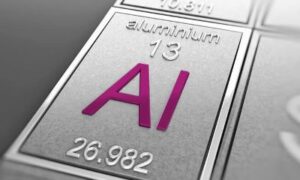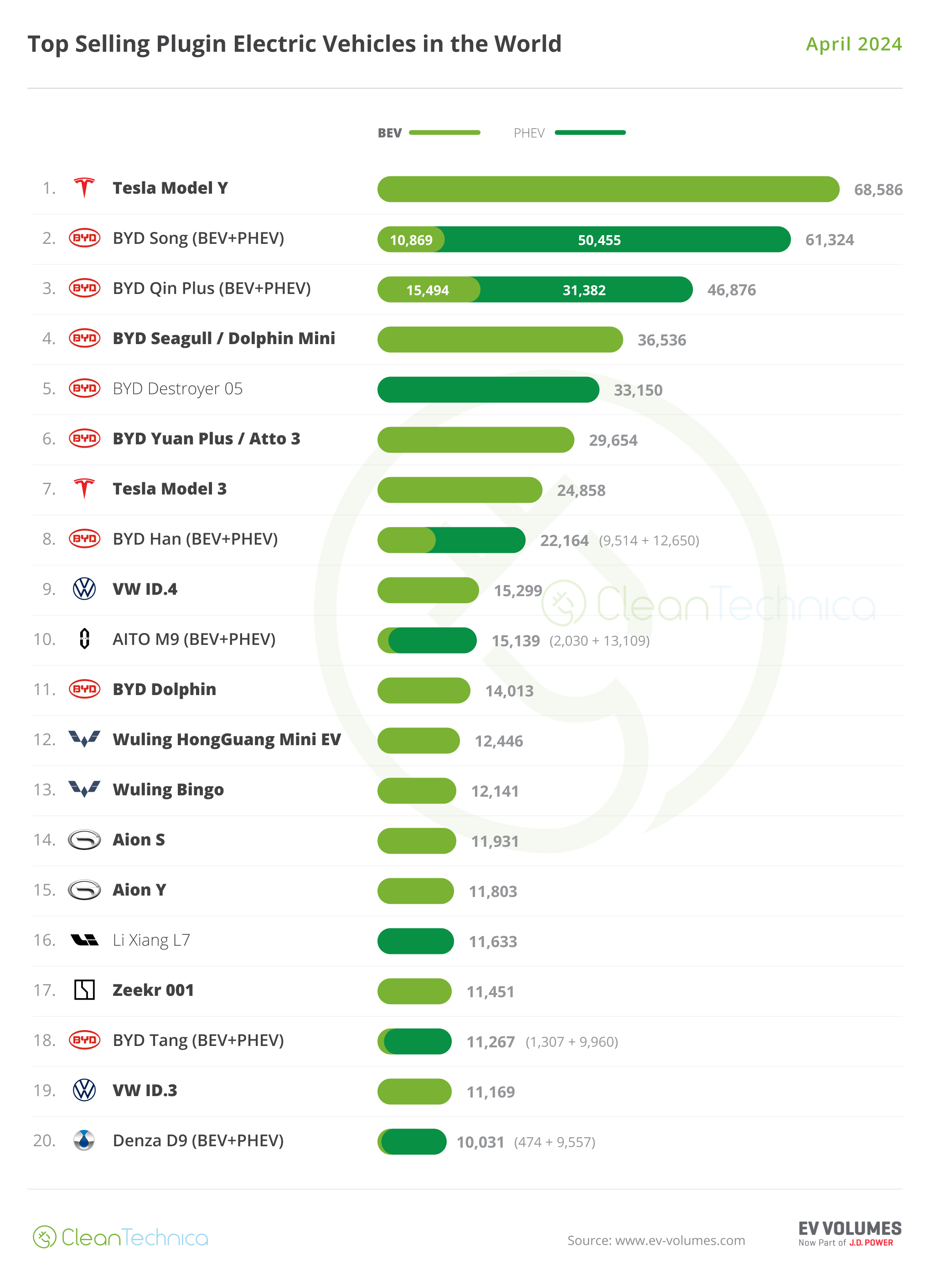Bold federal action can bring U.S. primary aluminum industry back from the brink, secure robust domestic supply of material for clean energy transition and slash emissions
WASHINGTON–(BUSINESS WIRE)–Amid plummeting primary aluminum production in the U.S., the Department of Energy must invest in American-made clean aluminum to retain and create manufacturing jobs, reduce industrial emissions, and grow a vitally important industry. That’s according to a letter sent today by Ford Motor Co., General Motors, Pepsi Co., Ball Corp., Rivian, SunPower and eight more leading companies to U.S. Department of Energy (DOE) Secretary Jennifer Granholm. The letter says that by using investments from the Inflation Reduction Act (IRA) to expand and secure an affordable supply of clean energy, the Biden administration can modernize and grow this industry, rather than letting American-made primary aluminum disappear.
“Ford is committed to achieving carbon neutrality across our vehicles, operations and supply chain no later than 2050, and sourcing domestically produced, lower-carbon primary aluminum is part of a host of actions we are taking that will help us meet our ambitious sustainability goals,” said Cynthia Williams, Global Director of Sustainability, Homologation and Compliance at Ford. “The Inflation Reduction Act presents a powerful opportunity for the Department of Energy to prioritize American-made, clean sources of aluminum, which will in turn make more sustainable options available to companies like Ford. It’s going to take all of us – manufacturers, suppliers, energy providers and government – working together to build a better future that’s not just good for business, but also for people and the planet.”
The letter was published on www.buycleanaluminum.com as well as in full page ads in five newspapers: The Albany Times-Union, The St. Louis Post-Dispatch, The Louisville Courier-Journal, the South Carolina Post and Courier, and the Indianapolis Star, each newspaper in a market with one of the remaining six primary aluminum smelters. The letter was also accompanied by a digital ad campaign and mobile takeover on Politico.
“Ball Corporation is working to cut more than half of the greenhouse gas emissions from operations and supply chains by 2030,” said Ramon Arratia, Chief Sustainability Officer for Ball Corporation. “As a significant buyer of aluminum can sheet, we’re using our purchasing power to help transform the aluminum beverage packaging sector to low-carbon primary aluminum and low carbon recycled aluminum, but we can’t do it alone. The Biden administration has an opportunity right now to rapidly accelerate the decarbonization of primary aluminum refining and smelting in the U.S., and make America a global leader in producing clean aluminum.”
The actions outlined in the letter would help secure a robust supply chain of sustainably manufactured clean aluminum in the U.S., reduce emissions, create family-sustaining jobs, and realize the full potential of the landmark climate law. These companies warn the American primary aluminum industry is at risk of disappearing, just as demand is set to skyrocket.
 “Spiking electricity prices, lack of access to low-cost renewable energy, and insufficient federal investment have pushed the remaining six primary smelters to the brink,” the letter states. “The IRA is poised to make the largest-ever investment in U.S. manufacturing, supercharging aluminum-dependent clean energy technologies. In order to meet increased aluminum demand that will affect all our industries, the U.S. must invest heavily in supply.”
“Spiking electricity prices, lack of access to low-cost renewable energy, and insufficient federal investment have pushed the remaining six primary smelters to the brink,” the letter states. “The IRA is poised to make the largest-ever investment in U.S. manufacturing, supercharging aluminum-dependent clean energy technologies. In order to meet increased aluminum demand that will affect all our industries, the U.S. must invest heavily in supply.”
Aluminum is indispensable to everyday food and beverage products, as well as the building blocks of the clean energy economy such as solar panels, wind turbines, heat pumps, transmission lines, electric vehicles and more that are poised to transform the U.S. in the coming decades. Global demand for aluminum is set to increase nearly 40% by 2030 and 80% by 2050. Yet, in the past 18 months, the U.S. primary aluminum industry has been plagued by layoffs, curtailed production, and closures due in part to the volatile price of fossil fuels.
The Department of Energy has a generational opportunity to revive the U.S. primary aluminum industry thanks to the IRA. DOE officials are currently evaluating applications from aluminum companies to invest IRA dollars that will reduce emissions from manufacturing processes and power supplies.
“SunEarth is committed to not only providing sustainable solar hot water solutions, but also to supporting American manufacturing,” said SunEarth President Adam Chrisman. “Our use of low carbon aluminum in our products is a testament to our dedication to reducing our environmental impact and promoting domestic content. By incorporating this eco-friendly material, we not only add value to our systems but also to the US manufacturing industry as a whole. We are proud to be a part of the movement for a greener future, and we will continue to lead the charge in sustainable solar technology.”
The aluminum industry’s reliance on fossil fuels has put its future in jeopardy. Power supply accounts for 40% of U.S. smelters’ total production costs, and smelters in Kentucky and Indiana said high energy costs due to volatile fossil fuel prices necessitated curtailing operations last year. At the same time, the price of electricity from renewable sources like wind and solar has plummeted over the last 10 years. Rather than allow these smelters to become priced out, the federal government can secure low-cost electricity supplies in the short term while investing in long-term supplies of cheap, renewable energy.
“As a leading American craft brewery, Sierra Nevada Brewing Co. has held a decades-long commitment to sustainability and reducing the impact of our operations and supply chain,” said Ken Grossman, Founder and Chairman of the Board at Sierra Nevada Brewing Co. “As a primary packaging component for our company and the beverage industry, this would be an essential investment to revitalize the domestic aluminum supply while also driving a critical, low-carbon transition.”
“Aluminum is a critical material to increasing capacity on our power grids and accelerating the integration of wind, solar, battery storage, hydrogen electrolyzers and EV charging stations,” said Dr. Jason Huang, CEO of TS Conductor. “Our clean energy transition is going to need enormous amounts of additional grid capacity, and that will in turn require a lot of aluminum. Investing in clean primary aluminum production in the U.S. will help reduce greenhouse gas emissions from our supply chains and serve customers in a much shorter time frame.”
“We’re proud of our commitment to sustainably sourced ingredients, recycling food waste, and relying on renewable energy to power our operations,” said Colin Davis, President of Shacksbury Cider. “We want to include the aluminum cans that contain our ciders in this commitment to sustainability. Investing in clean primary aluminum production in the U.S. will help us slash more climate pollution from our supply chains, grow good-paying jobs, and accelerate the broader transition to a clean energy economy. That’s something we can all be proud of.”
“The IRA has laid the foundation for a clean energy manufacturing boom with more than 100 new facilities announced supporting 170,000 new jobs, but our domestic supply chains—including aluminum—aren’t keeping pace,” said Annie Sartor, Aluminum Campaign Director for Industrious Labs, an organization devoted to decarbonizing heavy industries that helped organize the aluminum buyers’ letter to DOE. “Rather than forcing U.S. manufacturers to rely on heavily polluting imports, the Biden administration can invest in clean aluminum made right here in the U.S., creating family sustaining jobs, slashing pollution for local communities, and making a major leap toward our climate goals.”
“The surge in new clean energy projects and job growth is undeniable proof that customer demand is influential in shaping industry – recent legislation is only expected to supercharge this trend,” said Jen Snook, Deputy Director, Clean Energy Buyers Institute (CEBI). “Given the essential role of aluminum in a multitude of clean energy technologies, a sustainable supply of clean aluminum is essential to realize clean energy customer ambitions and capitalize on the economic potential of the clean energy transition.”
Contacts
Peter Jensen, Sunstone Strategies, peter@sunstonestrategies.org, 360.820.3704



